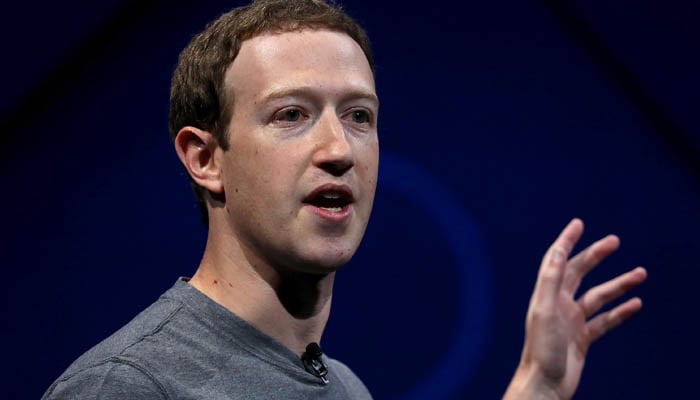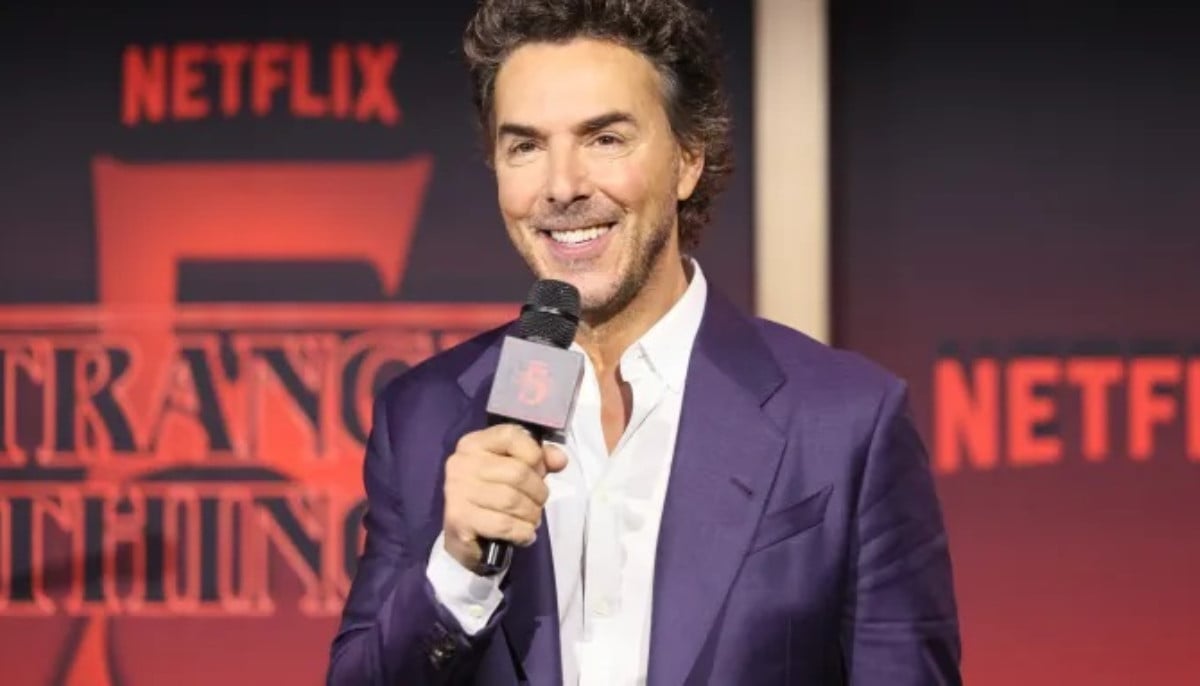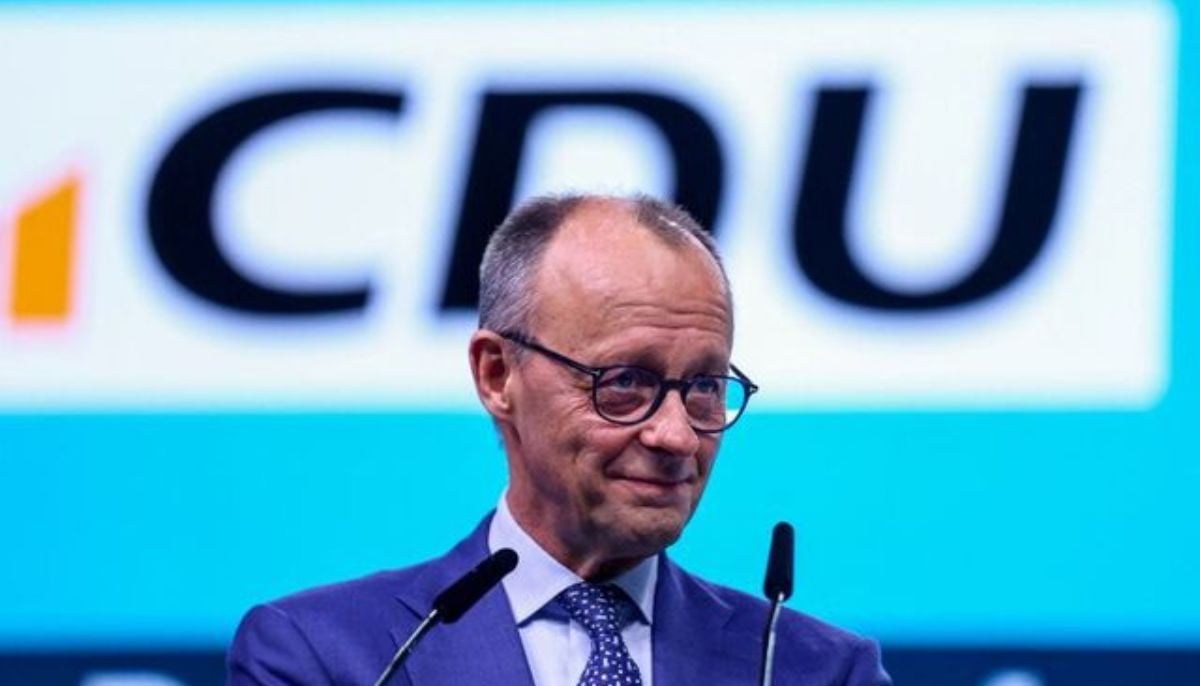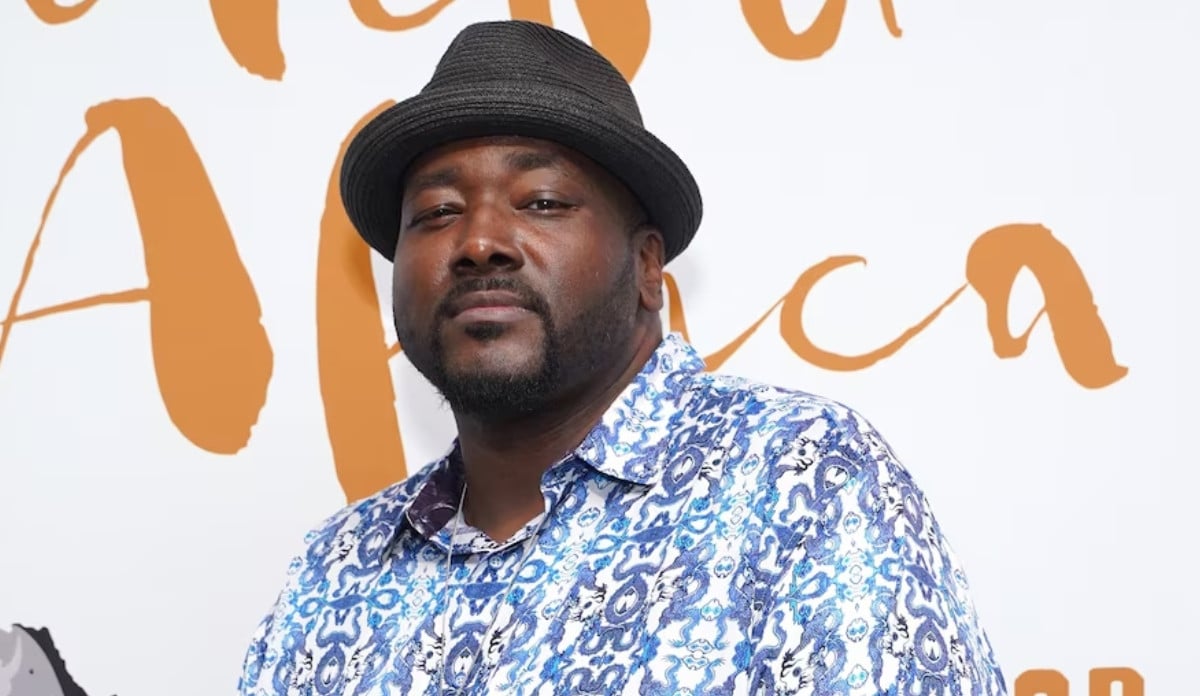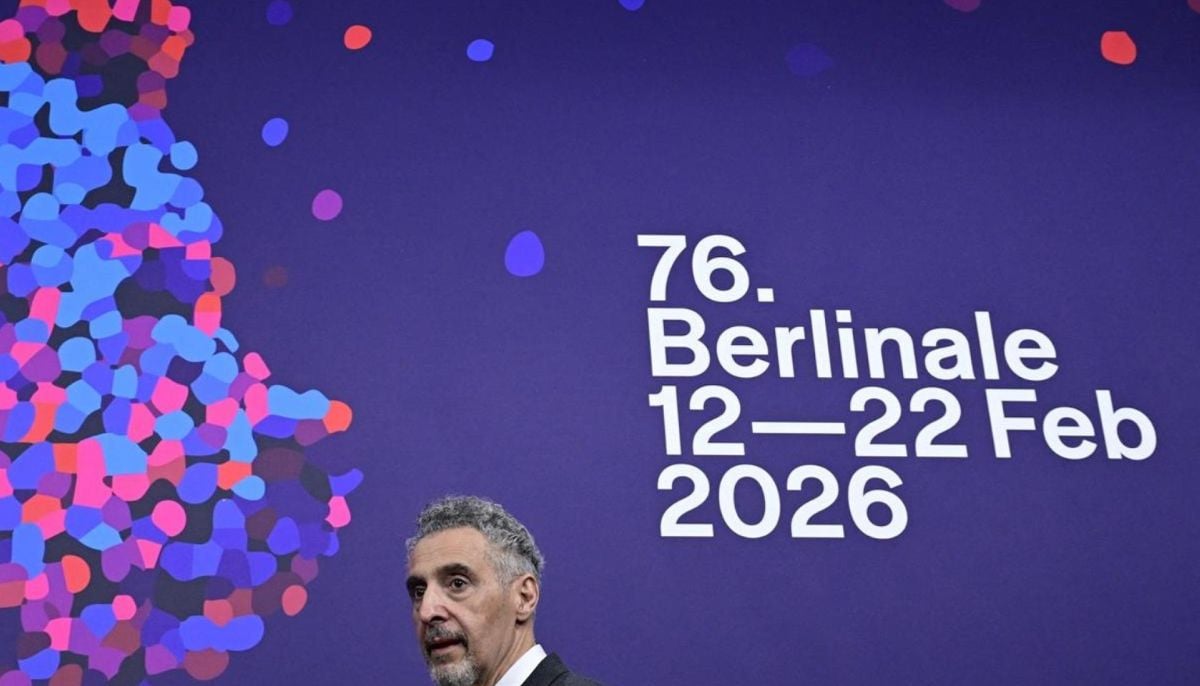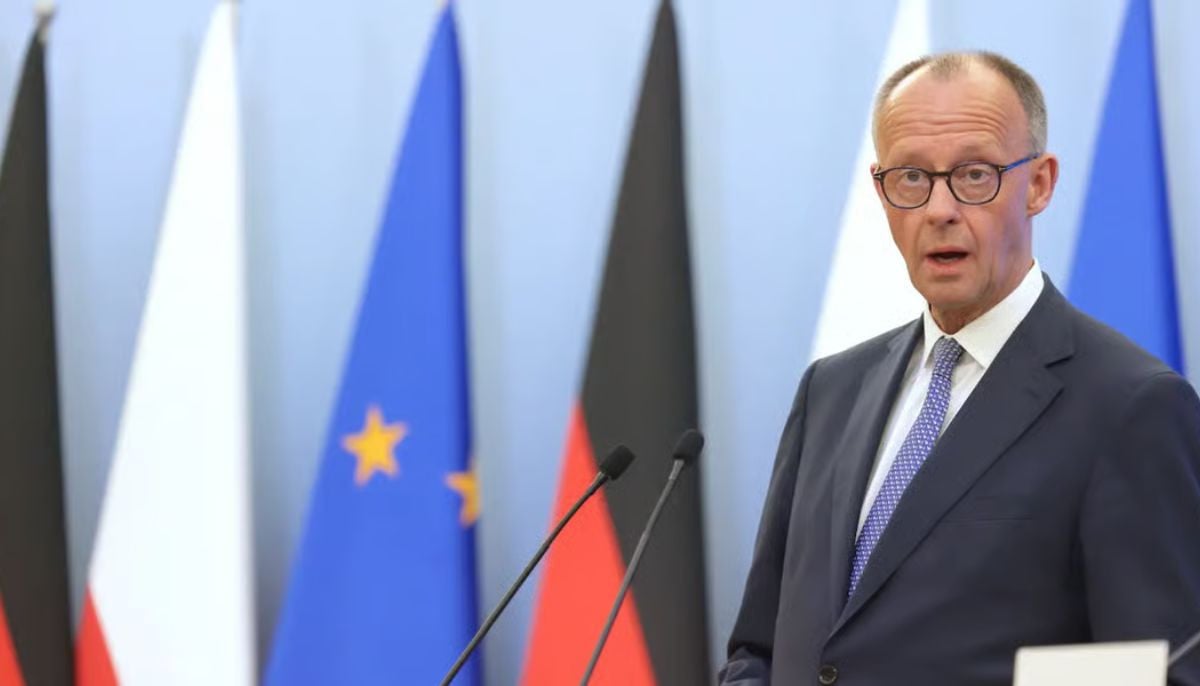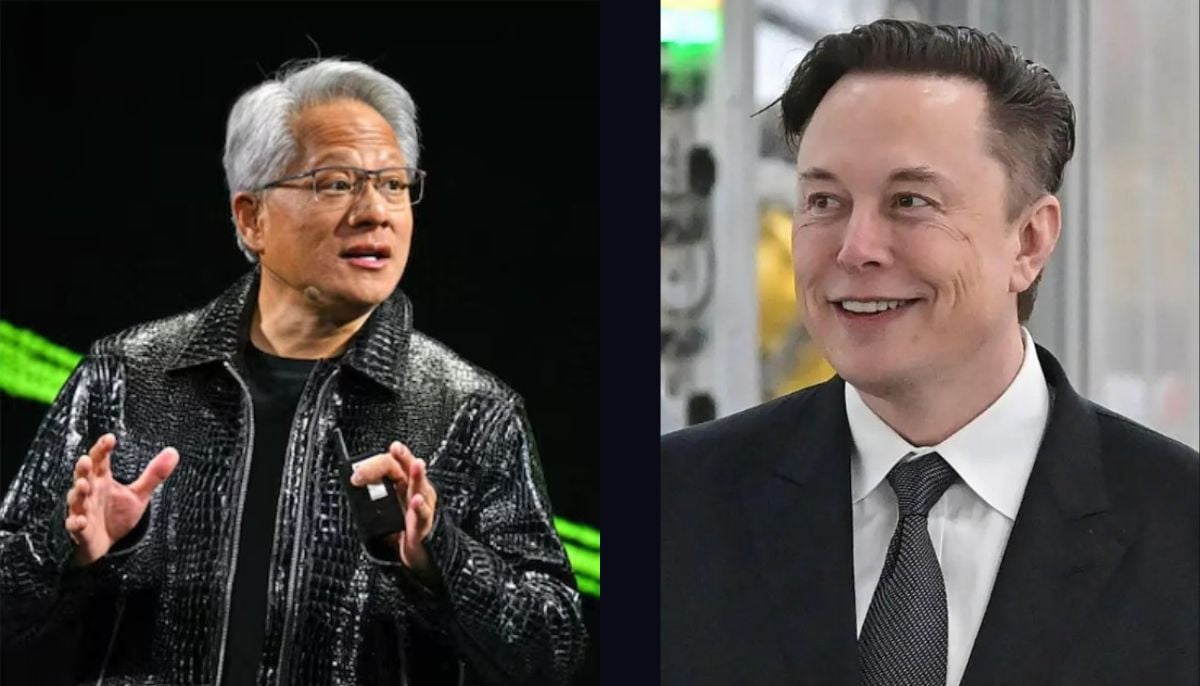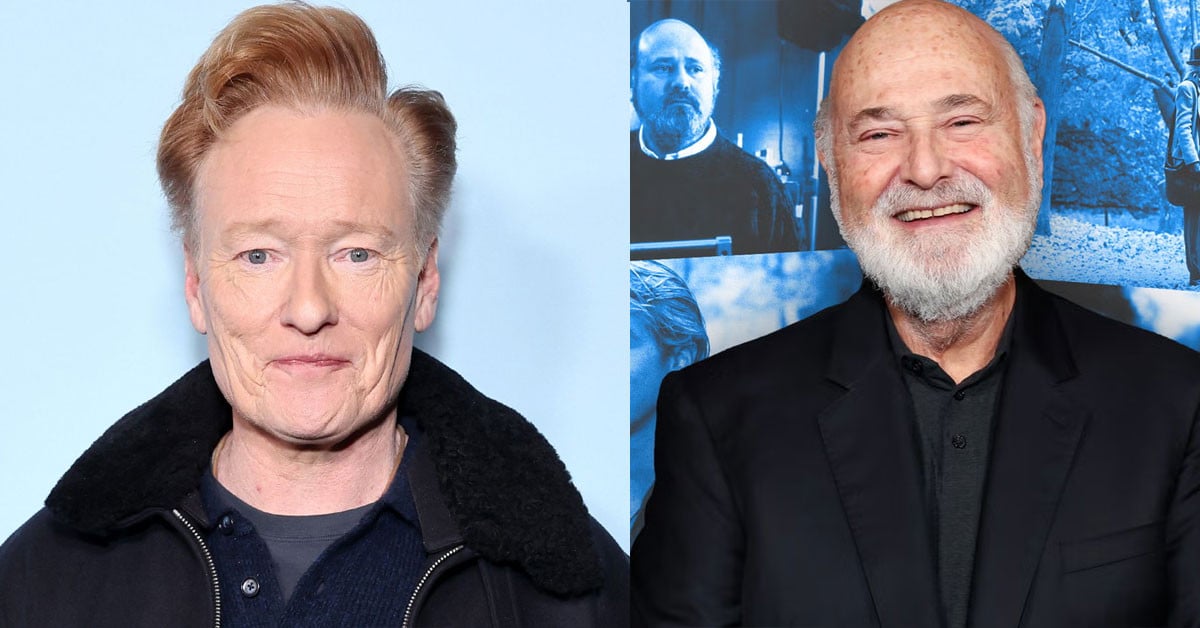Facebook’s prime focus is on elections in Pakistan, India and US, says Zuckerberg
Facebook CEO Mark Zuckerberg recently announced usage of advanced artificial intelligence and employment of large number of people to strengthen its security features, in an attempt to keep the platform’s focus centralised on the confidentiality of upcoming elections in Pakistan and other countries.
CALIFORNIA: Facebook CEO Mark Zuckerberg has announced usage of advanced artificial intelligence and employment of large number of people to strengthen its security features, in an attempt to keep the platform’s focus centralised on the confidentiality of upcoming elections in Pakistan and other countries.
In reply to a comment on his post uploaded Wednesday, Zuckerberg said, “Yes -- 2018 has important elections across the US, Mexico, India, Brazil, Pakistan, Hungary and many other countries. We're working on rolling our AI tools out everywhere and in all these languages.”
He further said, "We have more work to do here and we're going to continue working very hard to defend against them. There's the Mexican presidential election, there are big elections in India and Brazil as well as in Pakistan and Hungary and a number of other countries and the US midterms, of course.”
Some time back, the social media website found itself embroiled in a data breach scandal by a data analytics firm Cambridge Analytica, a British company linked to Trump’s presidential campaign.
However, the social media giant has implemented big steps since it learnt about the existence of a Russian organisation called Internet Research Agency (IRA), which was engaged in online influence operations on behalf of Russian business and political interests, in 2016 and taken down more than 270 pages around the world operated by it, according to Zuckerberg.
“After 2016, we found that the Russian IRA had set up a network of hundreds of fake accounts to spread divisive content and interfere in the US presidential election. We began investigating their activity globally and taking down their pages and accounts,” stated Zuckerberg.
Facebook identified three problematic activities related to breach of security that need to be addressed using different strategies. These include economic actors (spammers), governments trying to interfere with elections and lastly polarisation and ‘lack of truthfulness in what you’ve described as the media’, he said.
'87 million users affected by data breach'
The social media giant said Wednesday the personal data of up to 87 million users was improperly shared with Cambridge Analytica, as Mark Zuckerberg defended his leadership at the huge social network.
Facebook´s estimate was far higher than news reports suggesting 50 million users may have been affected in the privacy scandal which has roiled the company and sparked questions for the entire internet sector on data protection.
Zuckerberg told reporters on a conference call he accepted responsibility for the failure to protect user data but maintained that he was still the best person to lead the network of two billion users.
"I think life is about learning from the mistakes and figuring out how to move forward," he said in response to a question on his ability to lead the company.
"When you´re building something like Facebook which is unprecedented in the world, there are things that you´re going to mess up... What I think people should hold us accountable for is if we are learning from our mistakes."
Zuckerberg said 87 million was a high estimate of those affected by the breach, based on the maximum number of connections to users who downloaded an academic researcher´s quiz that scooped up personal profiles.
"I´m quite confident it will not be more than 87 million, it could well be less," he said.
To remedy the problem, Zuckerberg said Facebook must "rethink our relationship with people across everything we do" and that it will take a number of years to regain user trust.
The new estimate came as Facebook unveiled clearer terms of service to enable users to better understand data sharing, and as a congressional panel said Zuckerberg would appear next week to address privacy issues.
Facebook has been scrambling for weeks in the face of the disclosures on hijacking of private data by the consulting group working for Donald Trump´s 2016 campaign.
The British firm responded to the Facebook announcement by repeating its claim that it did not use data from the social network in the 2016 election.
"Cambridge Analytica did not use GSR (Global Science Research) Facebook data or any derivatives of this data in the US presidential election," the company said in a tweet. "Cambridge Analytica licensed data from GSR for 30 million individuals, not 87 million."
- Zuckerberg on the Hill -
Facebook´s chief technology officer Mike Schroepfer meanwhile said new privacy tools for users of the huge social network would be in place by next Monday.
"People will also be able to remove apps that they no longer want. As part of this process we will also tell people if their information may have been improperly shared with Cambridge Analytica," he said in a statement.
Schroepfer´s post was the first to cite the figure of 87 million while noting that most of those affected were in the United States.
Facebook also said its new terms of service would provide clearer information on how data is collected and shared without giving the social network additional rights.
Earlier Wednesday, the House of Representatives´ Energy and Commerce Committee announced what appeared to be the first congressional appearance by Zuckerberg since the scandal broke.
The April 11 hearing will "be an important opportunity to shed light on critical consumer data privacy issues and help all Americans better understand what happens to their personal information online," said the committee´s Republican chairman Greg Walden and ranking Democrat Frank Pallone in a statement.
The Facebook co-founder is also invited to other hearings amid a broad probe on both sides of the Atlantic.
-
Quinton Aaron reveals why he does not want to speak to wife Margarita ever again
-
Why Mikaela Shiffrin celebrated Olympic Gold with Taylor Swift song?
-
Political tensions steal spotlight at Berlin Film Festival closing ceremony
-
Hong Kong touts stability,unique trade advantages as Trump’s global tariff sparks market volatility
-
Friedrich Merz heads to China for high stakes talks in an effort to reset strained trade relations
-
Nvidia CEO praises Elon Musk, calls him an ‘extraordinary engineer'
-
Conan O'Brien speaks first time after Rob Reiner's killing
-
Eric Dane drops raw confession for Rebecca Gayheart in final interview
